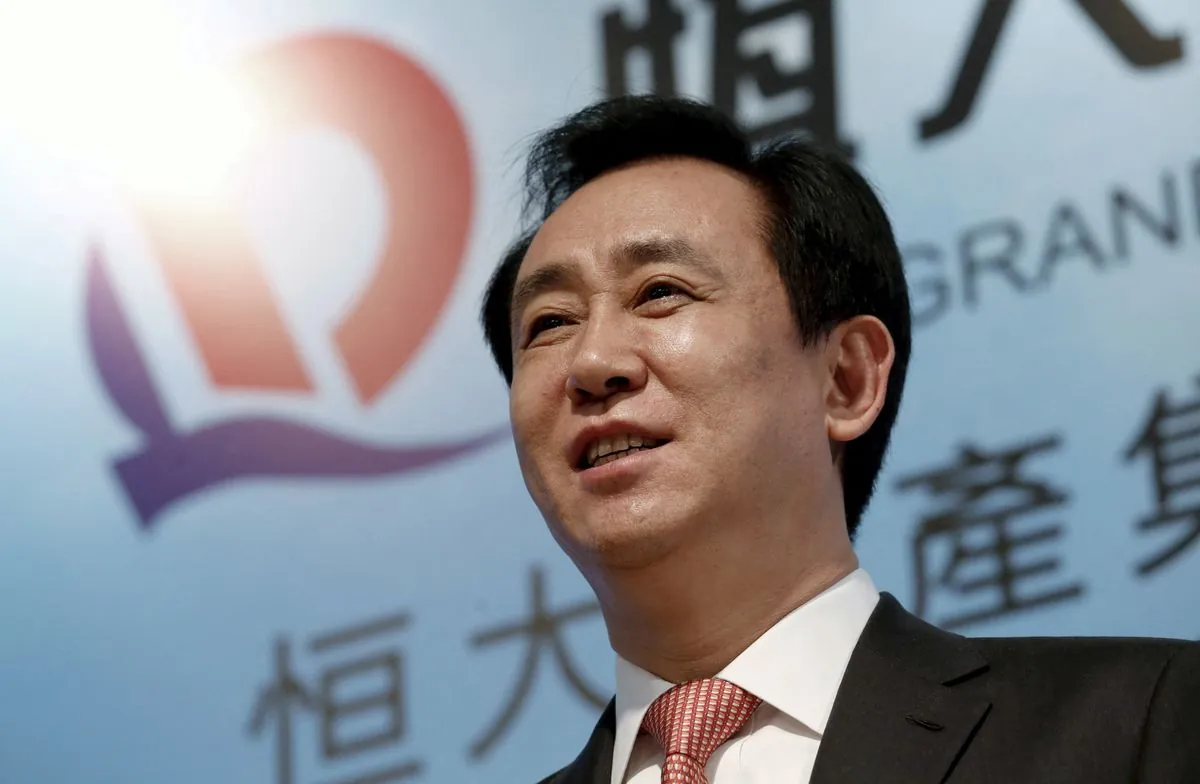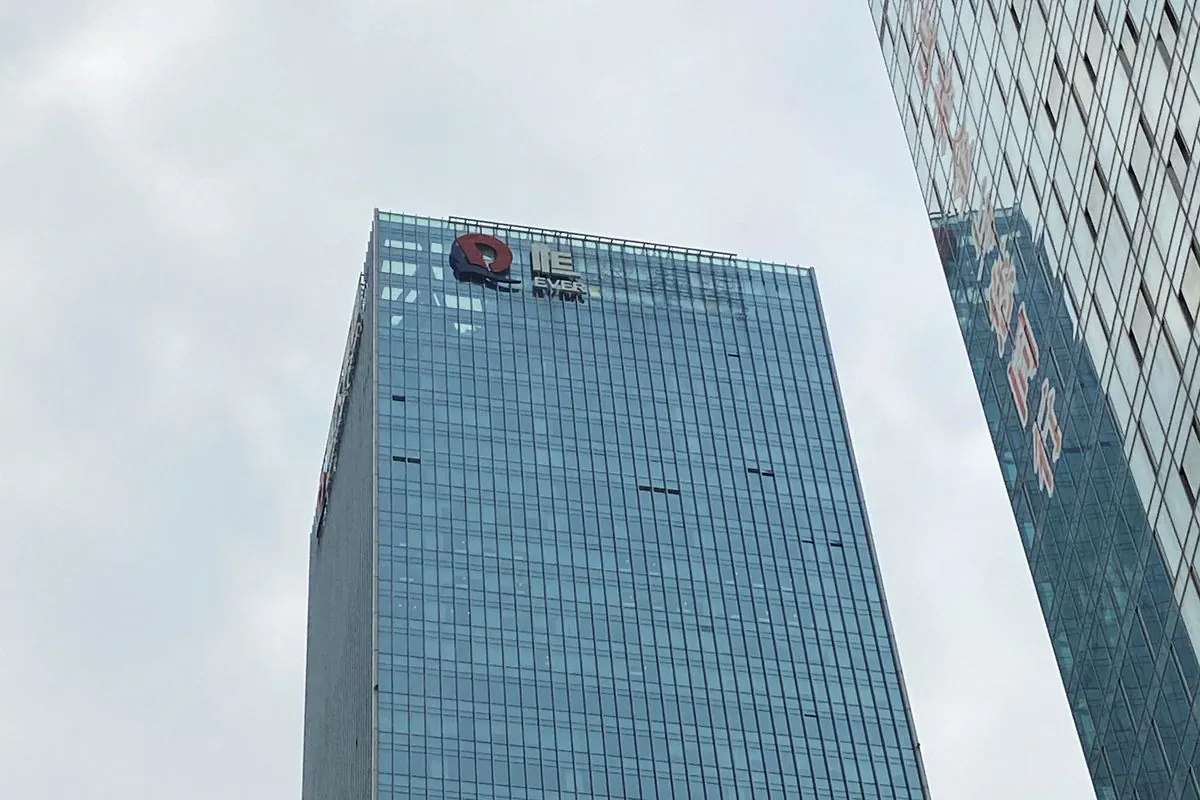Evergrande's Hui Ka Yan Detained in Shenzhen Amid Ongoing Crisis
Hui Ka Yan, Evergrande's chairman, is held in a Shenzhen detention center as the company nears completion of promised homes. The move follows regulatory actions and liquidation orders against the troubled property giant.

Hui Ka Yan, the chairman of China Evergrande Group, is currently held in a special detention center in Shenzhen, according to sources familiar with the situation. This development comes approximately one year after Chinese authorities initially took Hui into custody, marking a significant turn in the ongoing saga of China's property sector crisis.
Evergrande, once China's second-largest property developer by sales, has been at the epicenter of a financial storm that has sent shockwaves through the country's real estate market. Founded by Hui in 1996, the company rapidly expanded its operations, diversifying into various industries including electric vehicles and theme parks. At its peak, Evergrande employed over 200,000 people directly and indirectly created millions of jobs annually.
The company's troubles began to surface in 2020, leading to a series of regulatory actions. In March 2024, Hui was fined $6.6 million and received a lifetime ban from the securities market after authorities uncovered significant financial misconduct. Investigations revealed that an Evergrande unit had inflated its revenue by 564 billion yuan ($79 billion) during 2019-2020, issuing bonds based on falsified statements.

Hui's transfer to Shenzhen is reportedly aimed at facilitating communication with top Evergrande executives. The company's main unit, Hengda Real Estate, is headquartered in nearby Guangzhou, while its wealth management division operates from Shenzhen. Sources indicate that Hui is receiving adequate care in the detention center, including access to medical services and proper nutrition.
Despite the ongoing crisis, Evergrande appears to be making progress in fulfilling its obligations to homebuyers. Sources claim that the company is close to completing more than 70% of the construction for apartments promised to buyers. This development is crucial, considering Evergrande's extensive portfolio of nearly 800 projects across China as of 2022.
The property giant's troubles extend beyond unfinished homes. In August 2023, Evergrande's wealth management unit announced it could no longer make monthly installment payments to investors, leading to the detention of some staff members by Shenzhen police. In response to this situation, Hui reportedly penned a letter to senior executives, urging them to resolve the non-payment issues as swiftly as possible.
Evergrande's financial woes have had far-reaching consequences. The company's debt at its peak was equivalent to about 2% of China's GDP, making its potential collapse one of the largest debt restructurings in Chinese history. The crisis has not only affected Evergrande's core real estate business but also its ambitious ventures, such as the Evergrande New Energy Vehicle Group, which was once valued higher than Ford Motor Company.
As the situation continues to unfold, the fate of Hui Ka Yan and Evergrande remains uncertain. The company's journey from being a symbol of China's economic boom to its current state of crisis serves as a stark reminder of the volatility in the country's property market and the broader implications for the global economy.
"Resolve the non-payment of returns to investors in its wealth management products as soon as possible."
The ongoing Evergrande saga underscores the challenges facing China's property sector and the government's efforts to manage the fallout from years of rapid expansion and debt accumulation. As authorities work to contain the crisis, the outcome of Evergrande's restructuring and Hui's detention will likely have significant implications for investor confidence and the future of China's real estate market.


































